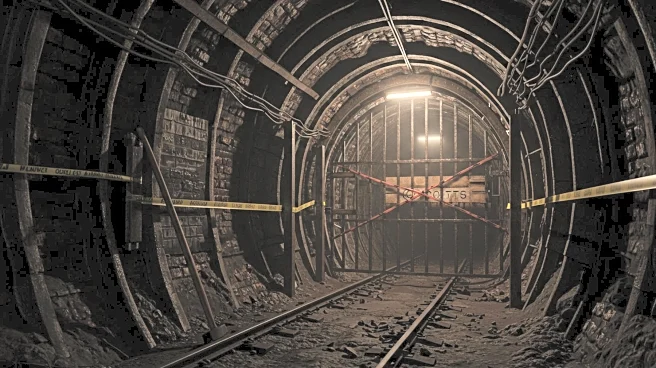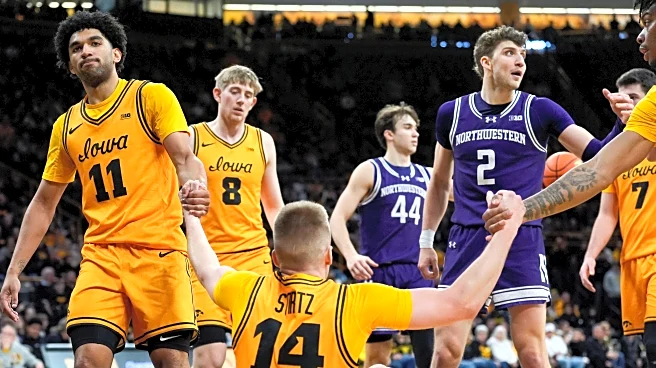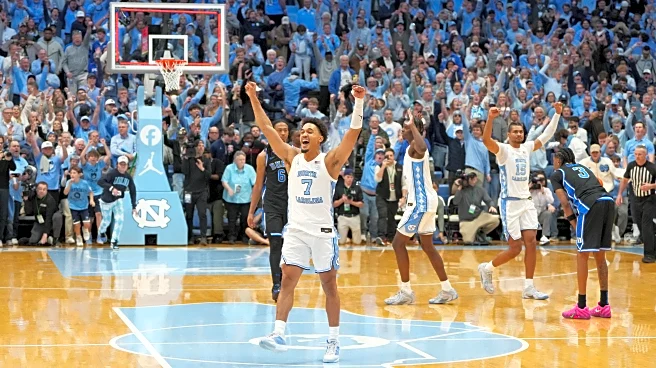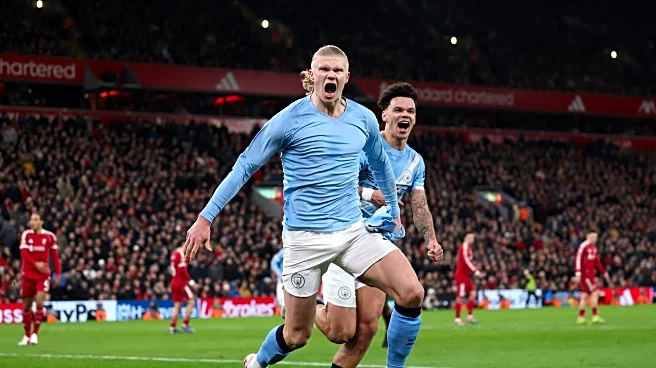What is the story about?
What's Happening?
Staff at the National Coal Mining Museum in Wakefield, many of whom are former coalminers, have initiated a strike over a pay dispute. The strike, which began with the support of former National Union of Mineworkers leader Arthur Scargill, involves about 40 members of the Unison union. The museum's management has offered a pay rise of 5% or 80p an hour, whichever is greater, but this has been rejected by the union as insufficient. The strike is set to last until mid-September, with further action planned if no agreement is reached. The industrial action has led to the suspension of underground tours, although other parts of the museum remain open.
Why It's Important?
The strike highlights ongoing tensions in the labor market, particularly in sectors reliant on historical and cultural preservation. The museum staff's decision to strike underscores the broader issue of wage stagnation and the challenges faced by workers in securing fair compensation. This situation is emblematic of wider economic pressures on public sector and charitable organizations, which often struggle to balance financial constraints with the need to offer competitive wages. The outcome of this dispute could set a precedent for similar institutions facing financial pressures and labor disputes.
What's Next?
If the strike continues without resolution, it could lead to prolonged disruptions at the museum, potentially affecting visitor numbers and revenue. The museum management and Unison are expected to continue negotiations in hopes of reaching a settlement. The museum has expressed a desire to work closely with union representatives to find a resolution, but the union's rejection of the current offer suggests that significant concessions may be required to end the strike.
Beyond the Headlines
This strike also brings attention to the cultural and historical significance of the mining industry in the UK, as the museum serves as a vital educational resource. The involvement of former miners in the strike highlights the enduring impact of the mining industry's decline on communities and the importance of preserving this heritage. The strike raises questions about the sustainability of funding models for cultural institutions and the role of government and private donors in supporting fair labor practices.
















